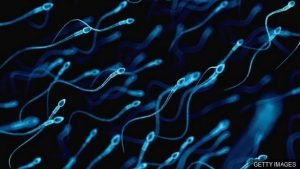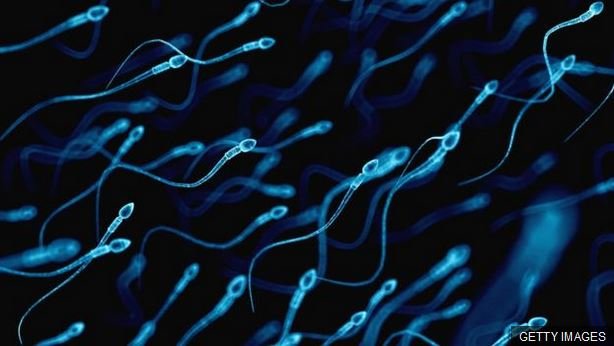A revolutionary breakthrough in fertility treatment has given new hope to couples struggling with male infertility. Scientists at Columbia University Fertility Center in the United States have used artificial intelligence (AI) to detect viable sperm in a man previously diagnosed with azoospermia, a condition marked by an extremely low or non-existent sperm count.
The couple had been trying to conceive for 18 years without success. But in March 2025, the woman became pregnant after receiving an embryo fertilised with sperm identified through the cutting-edge AI system.
From Zero to Forty-Four: AI Sees What Labs Couldn’t
According to Dr Zev Williams, lead researcher and director of the fertility programme, traditional laboratory methods failed to detect any sperm even after two days of examination. But the AI-powered system located 44 viable sperm cells in under an hour.
“Labs searched for two days and found nothing. We ran the same sample and found 44 sperm within an hour,” Williams said. “That changes everything for a couple who thought they had no path forward.”
How the STAR System Works
The system, called Sperm Track and Recovery (STAR), combines advanced AI with a fluidic chip. As the semen sample flows through a tiny plastic tubule, a high-speed camera captures millions of microscopic images. The AI software, trained to spot viable sperm, scans these images in real time flagging healthy cells that would otherwise be missed.
Once detected, the sperm can be frozen or used in intracytoplasmic sperm injection (ICSI), an IVF method where a single sperm is injected directly into an egg.
This approach reduces the need for painful and invasive surgical sperm retrieval, offering a far less traumatic option for men diagnosed with azoospermia.
Experts React: “It Could Be Life-Changing”
The innovation has sparked excitement across the medical community. Dr Robert Brannigan, president-elect of the American Society for Reproductive Medicine, described the breakthrough as “promising.”
“Even the discovery of a single viable sperm can be life-changing,” he said.
Dr Allison Rodgers, a fertility specialist in Illinois, added, “It’s amazing and shows that what we thought was advanced still has a long way to go. I believe AI is going to absolutely revolutionise IVF.”
However, not everyone is ready to celebrate just yet. Dr Gianpiero Palermo of Weill Cornell Medicine urged caution, warning that the technology still needs further validation.
“You are attracting patients who have been told they have no sperm and offering what may turn out to be false hope,” he said.
What’s Next for AI in Fertility?
Dr Williams and his team are now working on expanding the technology’s capabilities to identify not just healthy sperm, but also viable eggs and embryos potentially transforming the future of reproductive medicine.










